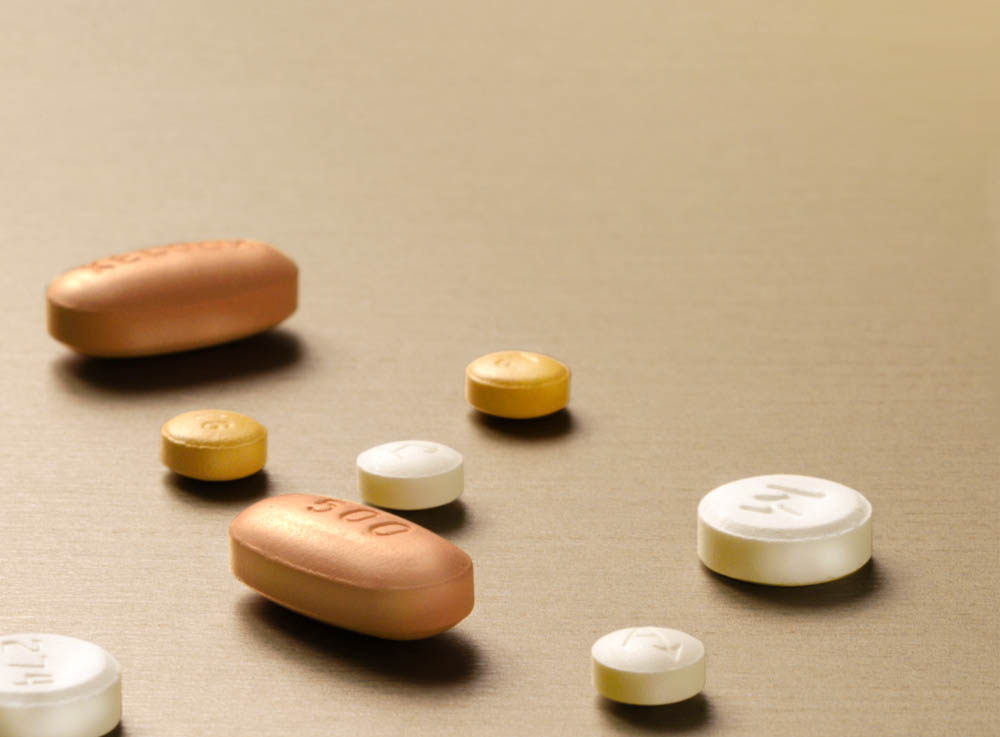By Fremonta Meyer, MD
Many people – cancer patients and others – have fears and misconceptions about taking medication to manage their mood, reduce anxiety, and treat conditions such as depression. Some believe taking medication for psychological reasons means they are weak, while others fear they will get addicted to medication or that they will need to take it forever. Cancer patients often feel frustrated by the number of medications they’re already taking and are reluctant to add yet another pill. But, when used effectively, medication can help alleviate mood issues and make it easier to get through the stress cancer can cause.
 After a cancer diagnosis, it can be difficult to determine whether emotional changes are temporary side effects of treatment or signs of clinical depression or anxiety. Social workers, psychologists, and your oncologist can help you figure out when a consultation with a psychiatrist may be needed. Counseling with a social worker or psychologist can also help you adapt to “cancer life” and figure out what’s causing mood changes.
After a cancer diagnosis, it can be difficult to determine whether emotional changes are temporary side effects of treatment or signs of clinical depression or anxiety. Social workers, psychologists, and your oncologist can help you figure out when a consultation with a psychiatrist may be needed. Counseling with a social worker or psychologist can also help you adapt to “cancer life” and figure out what’s causing mood changes.
Some cancer treatments, including steroids, may cause irritability, mood changes, poor sleep, and anxiety. Medication can help alleviate these side effects, making it easier for patients to continue with their cancer treatment.
Patients also commonly experience sadness, fatigue, and problems with sleep or appetite during cancer treatment. However, if you are not finding pleasure in things you used to enjoy, or experiencing prolonged sadness, irritability, or draining tearfulness, you may be suffering from depression. Approximately one quarter of cancer patients will experience depression during or after treatment.
Learn more:
If you are diagnosed with depression, it’s important to remember it doesn’t make you “weak.” Antidepressants can help with both depressed mood and anxiety, and they aren’t addictive, though they need to be taken every day for you to benefit. They are safe to take during chemotherapy or radiation, and the majority of people who take antidepressants don’t have side effects; those who do may experience mild upset stomach, headache, dizziness, and nervousness, which generally improve in 1-2 weeks as your body adapts to the medication. Many patients who take antidepressants report starting to feel better at the two week mark, although it may take up to six weeks for the medications to “kick in.” Be patient with yourself and let your doctor know if your symptoms aren’t improving. Later, if you are feeling better and interested in stopping your antidepressant, consult with your doctor about a schedule for gradually reducing the dose. This reduces the chance that your depression or anxiety will recur.
“If you are diagnosed with depression, it’s important to remember it doesn’t make you ‘weak.'”
– Fremonta Meyer, MD
Some patients may feel uncomfortable bringing up psychological issues with their oncologist. Speaking about mental issues can be tough, but it’s important to take care of your emotional health as well as your physical health. Find a member of your care team, whether it’s your doctor, nurse, social worker, or someone else, with whom you are comfortable discussing your thoughts and feelings.
Mood issues are not always in our control, and can often make the already daunting task of getting through cancer treatment even more difficult. Don’t be afraid to discuss the potential of mood medication with your care team and seek a consultation with a psychiatrist to figure out if medication is right for you. Treatment is about more than just your body – caring for your mind and spirit is just as important.
